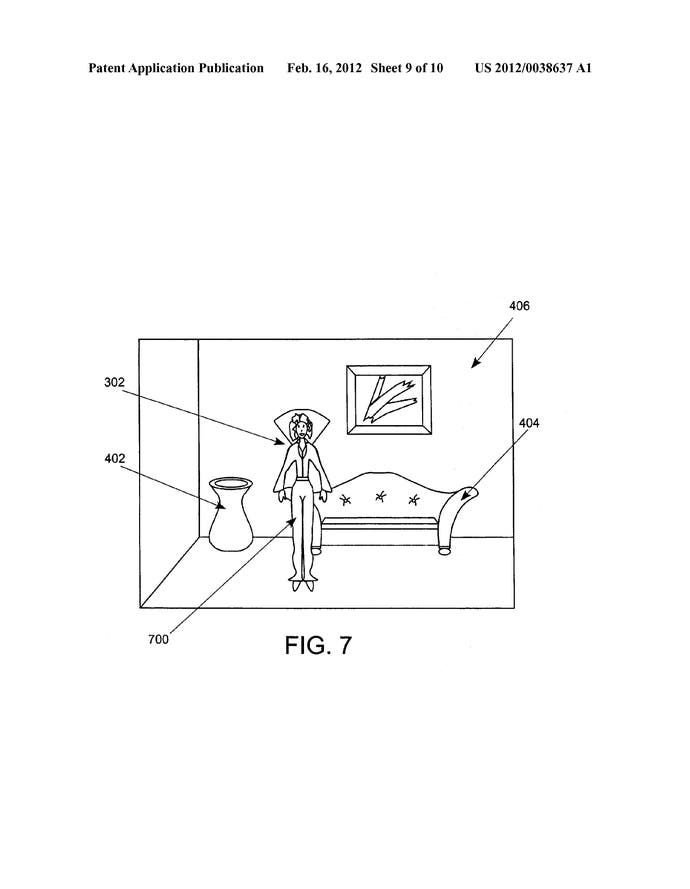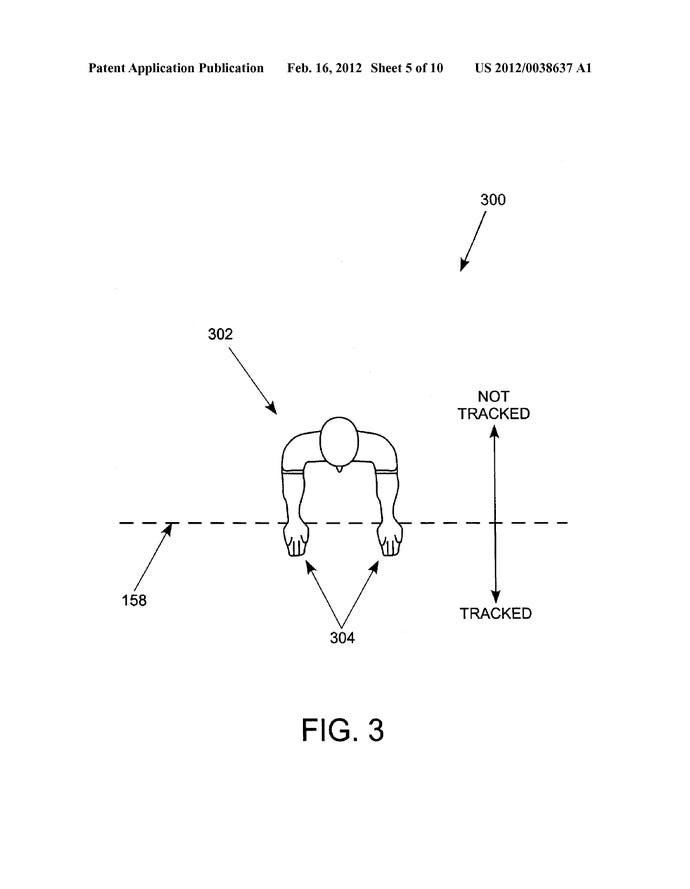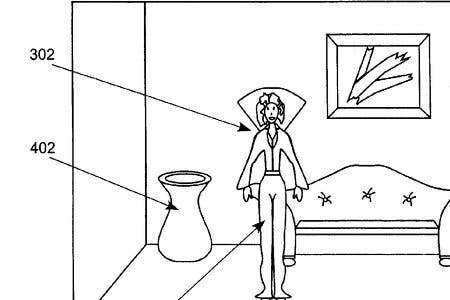Sony's PS Eye creator patents Kinect-like tech
Hirai to change his mind?
Sony's been spotted patenting a "User-Driven Three-Dimensional Interactive Gaming Environment" - technology that works like Kinect.
The patent was filed on 26th October 2011, by PlayStation Eye creator Dr Richard Marks. The patent was published on 16th February 2012.
The patent waffles on about a "depth sensing device"; "a three-dimensional camera" that uses "controlled infrared lighting" to scan an area.
"With the increased processing capabilities of today's computer technology, new creative methods for interacting with computer systems have become available," the background to the patent reads.

"There is a need for enhanced systems and methods that allow interaction in a three-dimensional environment. The methods should allow user interaction without requiring additional equipment, such as arm coverings or gloves. In addition, the method should not require overly burdensome processing ability and should have the ability to function in real-time, thus providing the user with a natural computer interaction experience."
The patent doesn't specifically describe a device, more what such a device could achieve.
There's only one reference to gaming beyond the title, and one reference to PlayStation.
Gaming:
"Cost down, 60Hz, fewer issues, higher res. And those are all very achievable, just not at this moment."
Sony R&D man Anton Mikhailov, in November 2010, on the obstacles Sony needed to clear before revisiting Kinect-like tech

PlayStation:
Picture FIG. 1D below illustrates this.
The timing of the patent, October 2011, suggests Sony developed this idea after Kinect launched, in November 2010. Back then, Sony said it had turned down Kinect-like tech for PlayStation.
Sony research engineer Anton Mikhailov explained to Eurogamer, however, that Sony would look again at Kinect-like technology if a few things changed. "Cost down, 60Hz, fewer issues, higher res," he summarised. "And those are all very achievable, just not at this moment."
"I feel it's a case of early tech," he added. "The same thing happened to the Wii. The Wii started out with accelerometers. They hit that point right where accelerometers started to become cheap, but still at that point they weren't very good. When Sony looked at that idea it said, 'We're not so sure about it.'"


